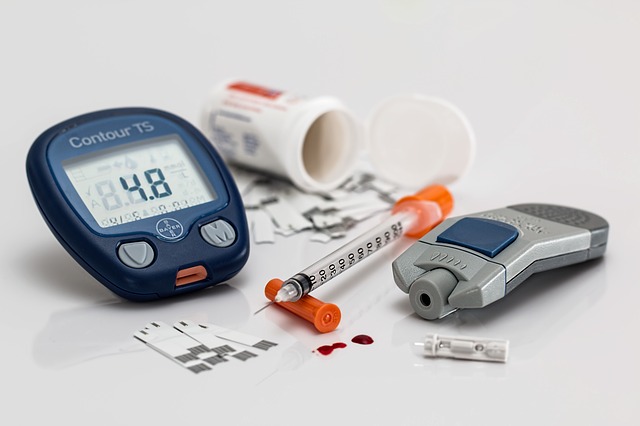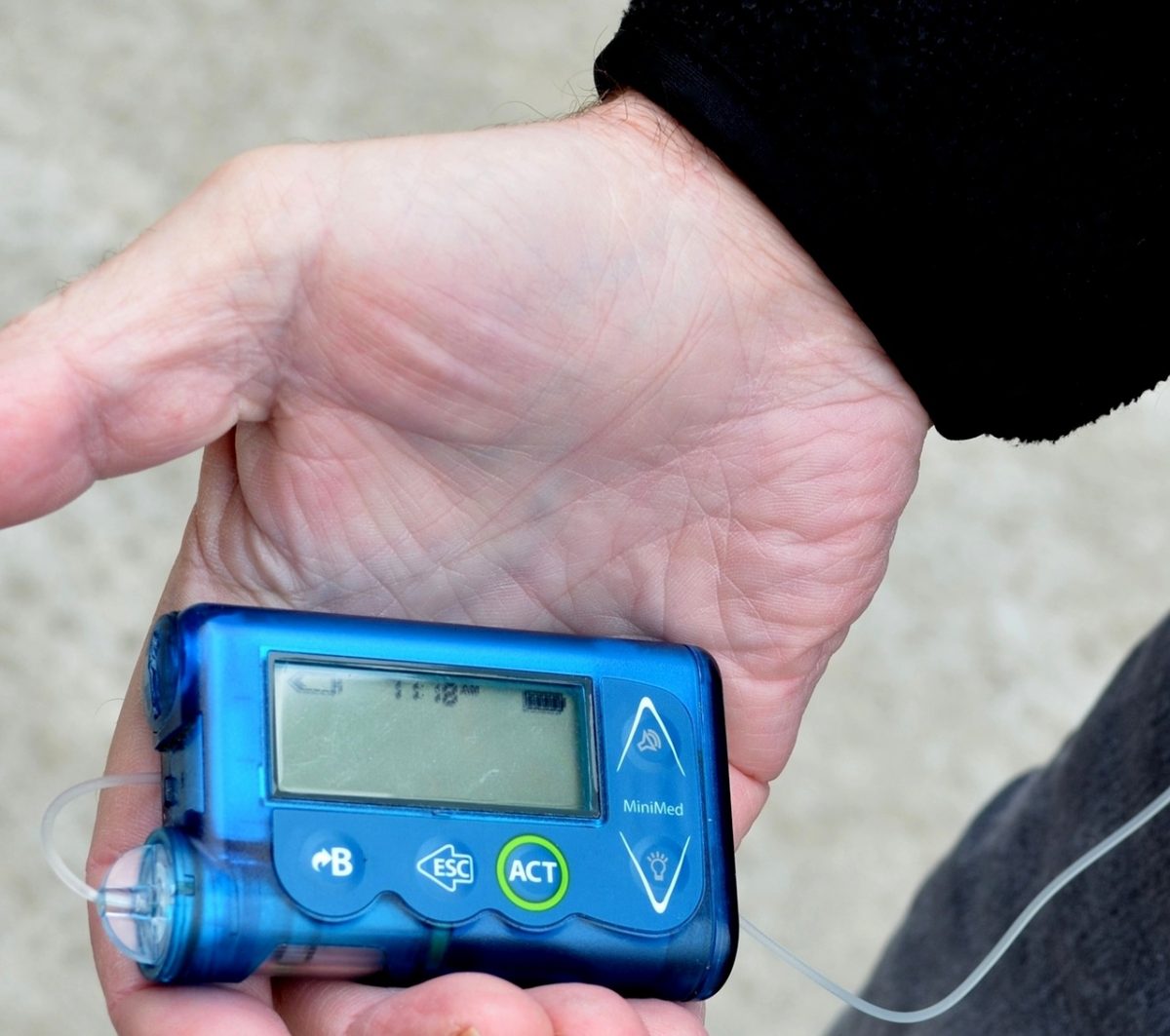Blood glucose meters provide individuals with diabetes a means of measuring sugar levels in
the bloodstream. The readings tell diabetics if they need to administer insulin or eat something
to increase their levels. When used correctly, the monitors are accurate, but as with all devices,
some are more accurate than others and a number of factors can affect the reading.
Individuals don’t have to spend an enormous amount of money to obtain an accurate glucose
meter. According to testing by The Diabetes Council, the following 10 meters received the
highest marks for accuracy, cost, features, and ease of use.
Contour Net EZ
Accu-Check Aviva Connect
Walmart ReliOn Confirm
OneTouch Verio
Abbott FreeStyle Light
Walgreen True2Go
OneTouch Ultra 2
Livongo Health In Touch
Nova Max Plus
Accu-Check Smartview
Test Strips
One of the things that can affect test results is the test strip used to obtain a blood sample. Test
strips past their expiration date is the most common problem. Inaccuracies can also occur if
they’re exposed to high heat, cold or humidity. Test strips are monitor specific and won’t work
in other monitor brands.
Foreign Substances
Dirt, alcohol and other substances can alter readings. It’s important that individuals wash their
hands before testing and thoroughly dry them. Never use hand sanitizer prior to testing as it
contains alcohol.
Batteries
A weak battery or a test strip that’s not inserted into the meter completely can result in
incorrect or error readings.
Blood, Anemia & Dehydration
A test strip must have a sufficient amount of blood applied to obtain a reading. An insufficient
sample won’t produce reliable results. Testing from sites other than a fingertip can also
produce a faulty reading.
Dehydration is a major problem for diabetics. It affects red blood cells that in turn can alter
accuracy. Anemia will also affect result reliability.
We Buy Unused Diabetic Test Strips and Supplies
If you would like to find out about earning cash for your unwanted, unused, and boxed test strips, complete our online quote form today.
If you have extra, unopened and unused boxes of diabetic test strips – whether you have switched brands, no longer need to test or test less frequently, or have a loved one who has passed away – don’t let them gather dust until they’ve expired and end up in the trash. We’re the best place to sell diabetic test strips online, and if you want to sell your test strips, we’re here to make the process easy and enjoyable!
Visit us at Sell Your Test Strips and get your free quote today!









